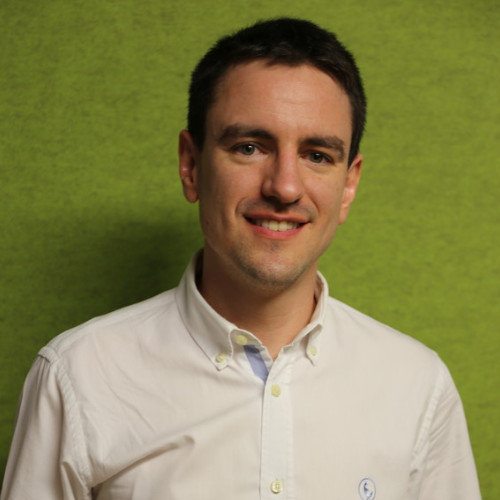The Mathematical Philosopher is a professional who is dedicated to investigating the philosophical foundations of mathematics, exploring fundamental questions such as the nature of mathematical objects, the existence of infinities and the relationship between logic and reality. This professional focuses on analyzing from a philosophical perspective how mathematical theories are constructed, how they relate to the real world and how abstract concepts can have practical applications in sciences such as physics or computer science. In addition to having a strong background in mathematics, the philosopher of mathematics must be able to apply complex philosophical concepts, such as mathematical realism or formalism, to current problems in mathematical theory. The ideal person for this job should be someone with strong analytical skills, a rigorous approach, and the ability to handle both formal languages and abstract concepts fluently.

The field of philosophy of mathematics is growing thanks to the interaction between formal logic, pure mathematics and technological advances. In Spain, although this discipline is not as common as other branches of philosophy, the demand for interdisciplinary studies is increasing. There is a growing interest in studies that combine mathematics and philosophy, especially with the rise of artificial intelligence and quantum computing, with associations such as the Society for Logic, Methodology and Philosophy of Science. Researchers such as philosopher and mathematician José Ferreirós, in his work La matemática: Entre la imaginación y la verdad, have explored how mathematics is structured from a philosophical perspective, helping to unravel questions about the existence of mathematical entities such as infinite numbers. Current challenges include how to understand the relationship between abstract mathematics and its application in the real world, a topic that continues to be debated among philosophers and mathematicians. The integration of mathematics into modern technology, such as artificial intelligence, raises ethical questions about the applicability and limits of mathematical models, making this field a relevant and challenging area of research.
Technology has significantly transformed the way philosophers of mathematics approach problems, facilitating the creation of complex simulations and the use of computers to explore mathematical theories that, in the past, could only have been treated abstractly. Computers and artificial intelligence enable complex simulations and computations that help prove or question mathematical theories, offering new perspectives on classical philosophical problems. In addition, quantum computing is challenging fundamental concepts of mathematics and logic, raising philosophical questions about the very nature of mathematics and its ability to describe reality. Philosophers of mathematics now not only investigate abstract questions, but also have the opportunity to participate in broader discussions about science, technology, and ethics, making their work relevant both in academia and in the professional and technological world. This interdisciplinary, technology-driven approach is taking the philosophy of mathematics to new horizons, where reflection on the foundations of knowledge meets cutting-edge innovations in science.
If you are thinking about what to study, do not hesitate and discover with Singularity Experts, which high school, vocational training, university degree and job with high employability best fits your skills and interests.

